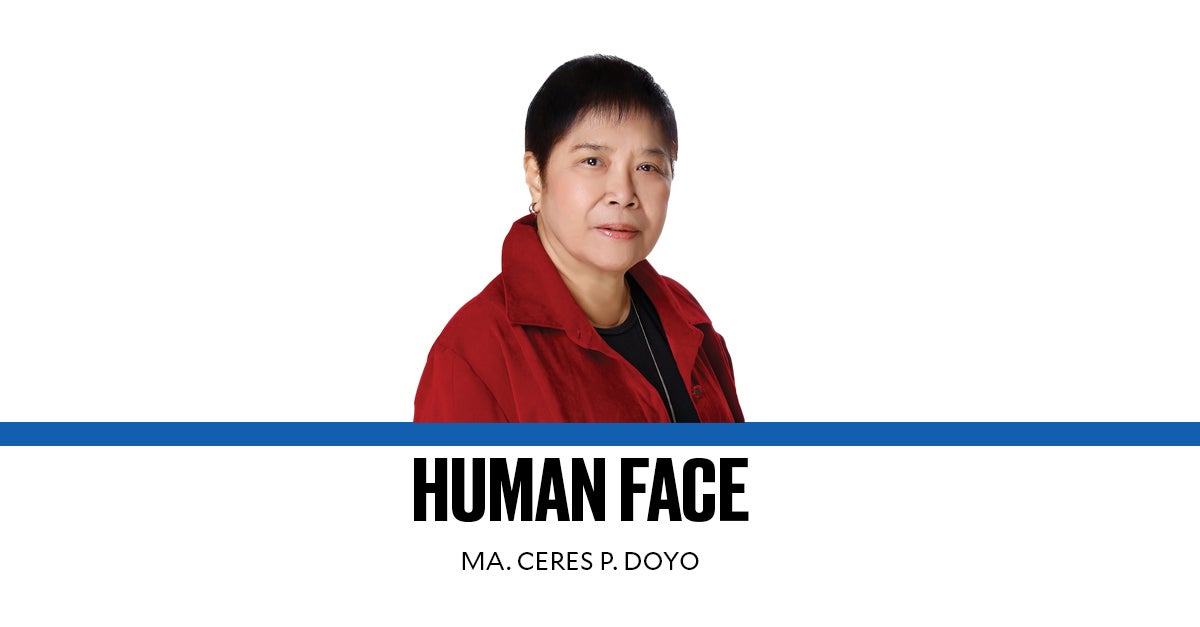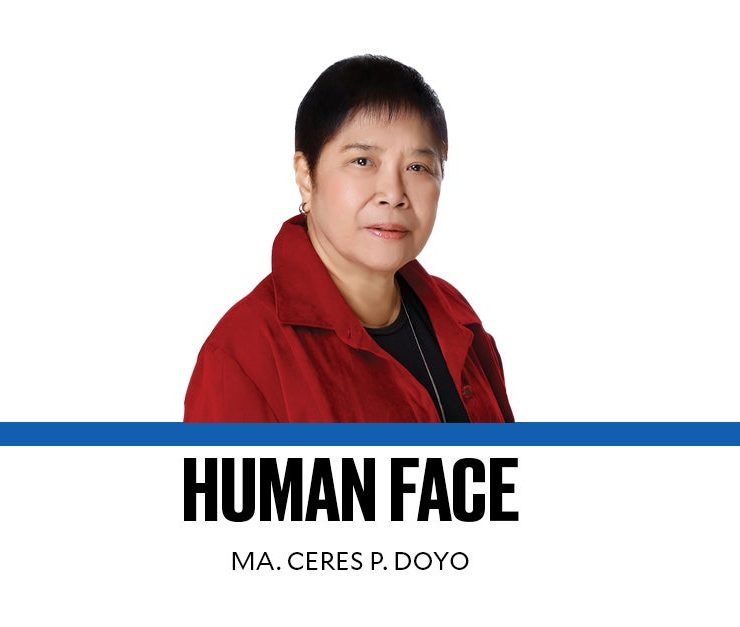Gaza’s WCNSF

An abbreviated name has been given them.
WCNSF or “wounded child/children, no surviving family” is a descriptive phrase/abbreviation that humanitarian aid groups recently added to their list of tragic situations. This was first used in Gaza and could also be used in places ravaged by endless armed conflict between nations, between communities within nations, between tribes, and other warring factions where children, despite their wounds, survive but not their families. They are wounded orphans.
Now that a cessation of hostilities between Israel and the armed Hamas group in Gaza is taking place after more than a year of continuous bombardment by Israel that turned Gaza into rubble, an exchange of hostages and prisoners is being undertaken. The number of lives lost is staggering. From The New York Times: “The researchers concluded that the death toll from Israel’s aerial bombardment and military ground operation in Gaza between October 2023 and the end of June 24 was about 64,300, rather than the 37,900 reported by the Palestinian Ministry of Health.”
Counting the dead is one thing, counting and categorizing survivors is another thing. When I first heard the letters WCNSF from a Unicef aid worker on television, I cocked my ears hoping to hear it again and again so that it may become part of my consciousness, and I may be able to say it without blinking. Read more about it online ICYMI (in case you missed it).
WCNSF sounded so utterly tragic to me, every letter of it, so painful a description to be given to children, but how else to tell the world that somewhere among the walking wounded are children, survivors, yes, but now minus their families? What is it like for a wounded child pulled out of a collapsed building to wake up in a dark, crowded hospital corridor and there are no family members to give comfort because they are all dead? Where are they, is a question a humanitarian health worker would have difficulty answering.
From an article in The Guardian more than a year ago: “The number of Gaza’s dead, wounded, and orphaned children are uncertain but there is no question they have borne the brunt of the war, launched after Hamas’ 7 October attack on Israel that killed about 1,200 people. Unicef, the UN’s children fund, estimates that minors account for at least 40 percent of the estimated 20,000 people killed so far.” How many more after that?
WCNSF is not simply a category, it is a generation.
From BBC News by Dalia Haidar: “The expression captures the horror of the situation for many Gazan children. Their lives change in a second—their parents, siblings and grandparents are killed, and nothing is the same ever again.”
The task of categorizing for humanitarian aid purposes is a painful one. I remember how, during the COVID-19 pandemic, an acronym emerged to describe returning overseas Filipino workers who were stranded and left on the sidewalks with no means to go anywhere, some even giving birth in the most unlikely places. They were called LSI or locally stranded individuals.
How I wish politicians with specific styles of raiding the national coffers or defending the indefensible, would have descriptive categories of their own, one-liners like magnanakaw na, sinungaling pa, shortened as magnasipa. Filipinos are good at this. Epal, for example, was coined from mapapel or scene grabber, used on politicians and celebrities who insert themselves or their images everywhere. During the Marcos dictatorship, we shouted MHDT, every word spelled out.
On a personal note, one of my greatest fears as a child was to lose a parent. I knew children my age who did. Being the explorative sort, my playmates and I were paladayan. We biked and skated in the town plaza, bathed in the rain, followed funeral processions, even skipped piano lessons to find out what was going on in some less trodden corner of the town. One day, while on my way home before the tolling of the church bells for Angelus, I saw from a distance a funeral car parked near our house. I ran like hell toward home fearing that something tragic had happened while I was away with playmates. To my relief, everything was okay, thank God. But to this day, I still remember the pounding of my heart while I was running home as fast as my feet could carry me.
I imagine the WCNSFs, their fears turning into reality.
If you have the time, watch the biopic “One Life” (90 percent rating from Rotten Tomatoes) on Netflix, a smaller Holocaust movie compared to “Schindler’s List.” It stars Anthony Hopkins as London broker Nicholas Winton (later knighted by Queen Elizabeth II) who helped evacuate more than 600 Jewish children from Czechoslovakia before Hitler’s Nazis could gas them to death.
In my mind now, a movie soundtrack by The Carpenters: “Bless the beasts and the children/ For in this world they have no voice/ They have no choice.”
—————-
Send feedback to cerespd@gmail.com


















